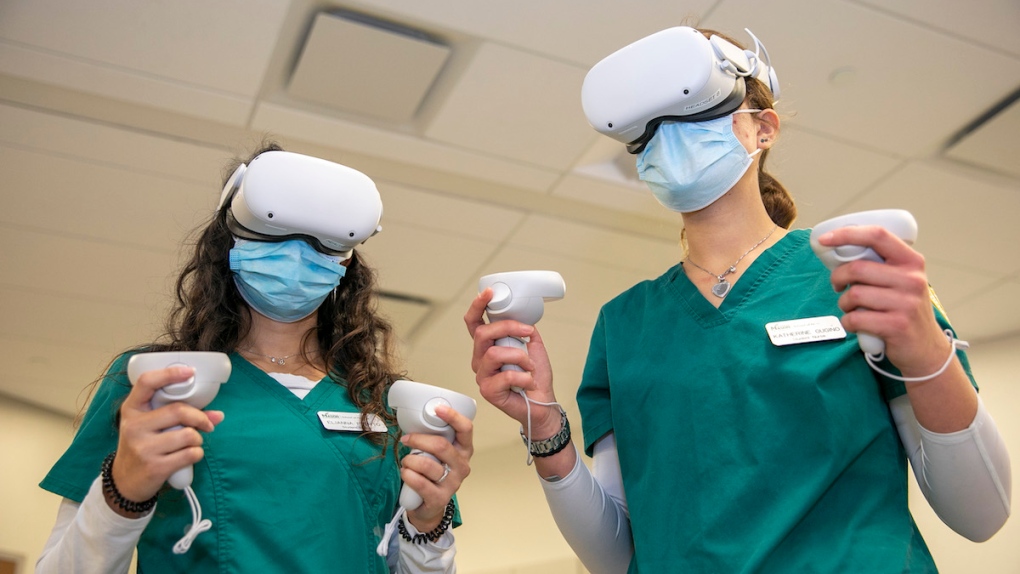New research suggests that virtual reality (VR) could enhance the training of future nurses, offering practical experience beyond the walls of inpatient clinics.
The study, conducted by Bethany Cieslowski, an associate professor of nursing at Virginia-based George Mason University, and her team of researchers, found that nursing students who engaged with immersive VR training that simulates common nursing environments were found to perform better overall than students who exclusively received clinical practice.
“The use of VR continues to grow in clinical nursing practice; however, the existing body of evidence on VR, especially immersive virtual reality, is limited,” Cieslowski said in a press release.
The research examined the general effectiveness of an immersive VR simulation training program that could serve as a replacement to pediatric clinical practice. After one control group received typical inpatient clinical training and one intervention group completed simulated VR training, all students underwent an in-person simulation test to compare performance outcomes.
Nursing students who carried out VR training demonstrated higher performance in infection control, initial assessment and oxygen therapy – all subdomains that are tested and scored in nursing schools.
Total performance scores were measured to be significantly higher for the VR group compared to the clinically trained students, with no notable differences found in medication administration, focused assessments or patient evaluations.
The study, published in Science Direct, aimed to determine new approaches to tackling increasing nursing school enrolments – a reaction to previous nursing shortages throughout the pandemic.
“New strategies must be employed to optimize learning, engage learners, and provide methods to ensure competency in future nursing graduates,” the study said.
According to the American Association of Colleges of Nursing, a high demand for pediatric clinical placements coupled with limited sites pose substantial difficulties towards attaining sufficient pediatric experience.
Cieslowski believes VR could offer hope.
“These preliminary results offer promise and demonstrate the potential of immersive virtual reality in the future of nursing education and preparing the workforce of the future,” she said in the release.









































